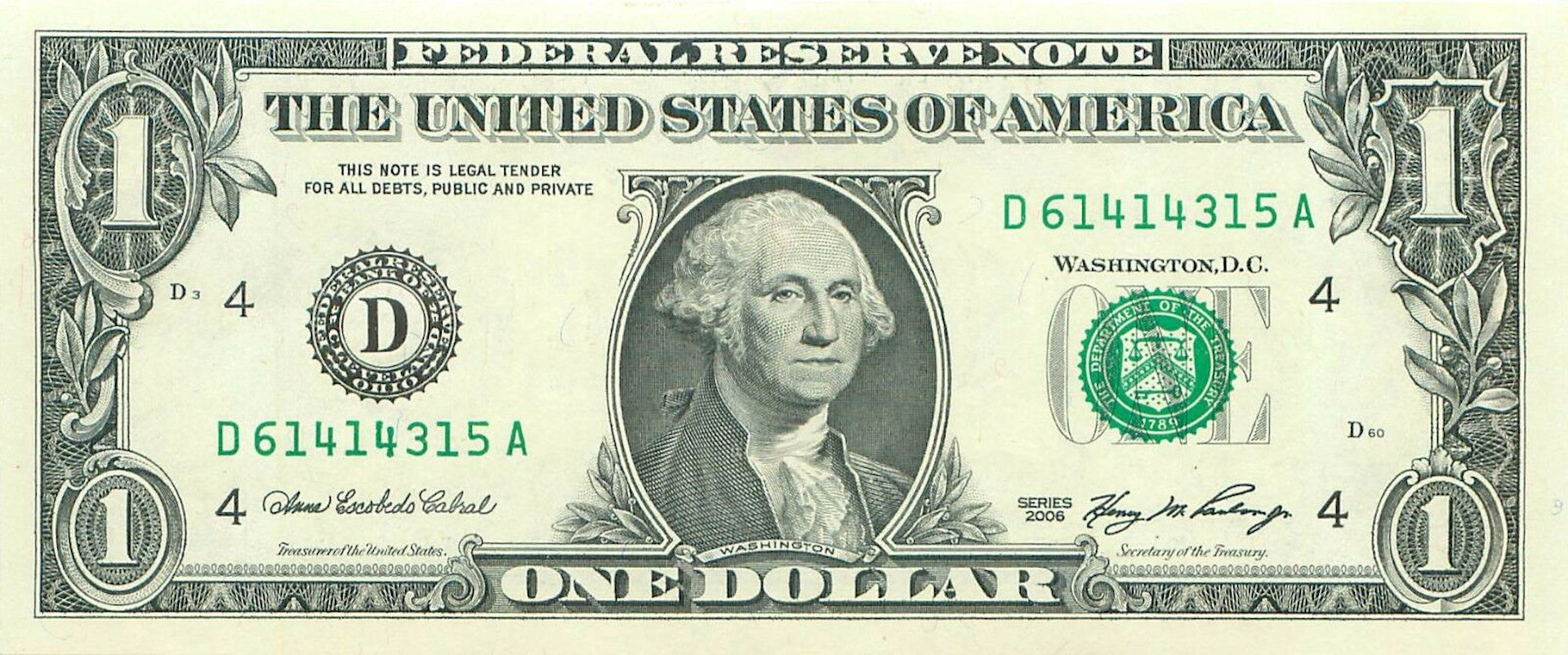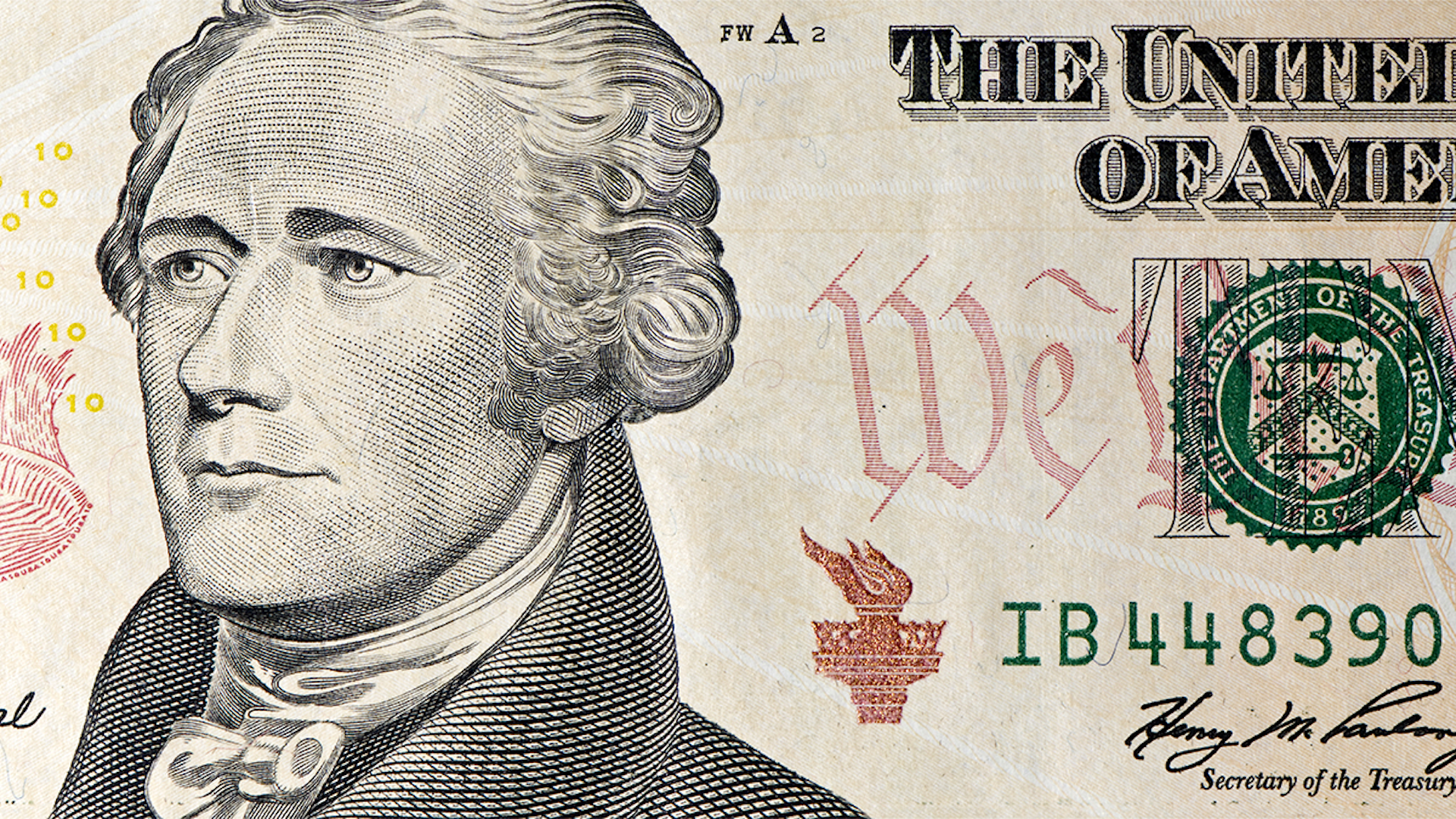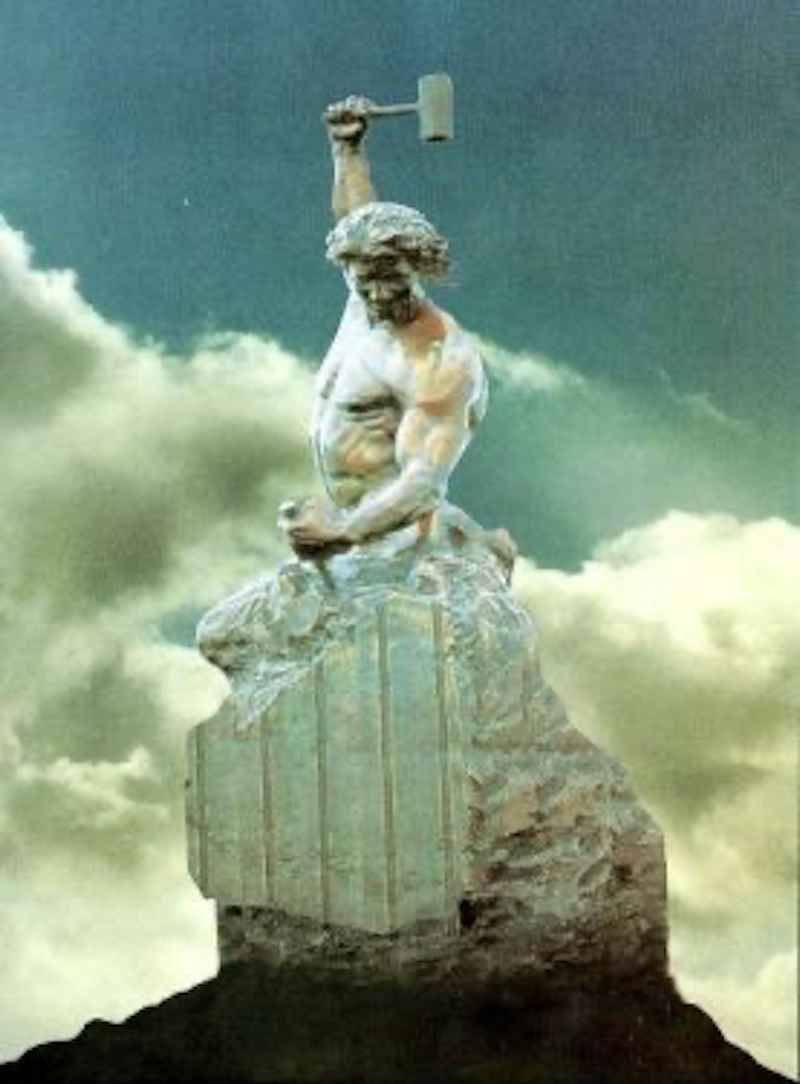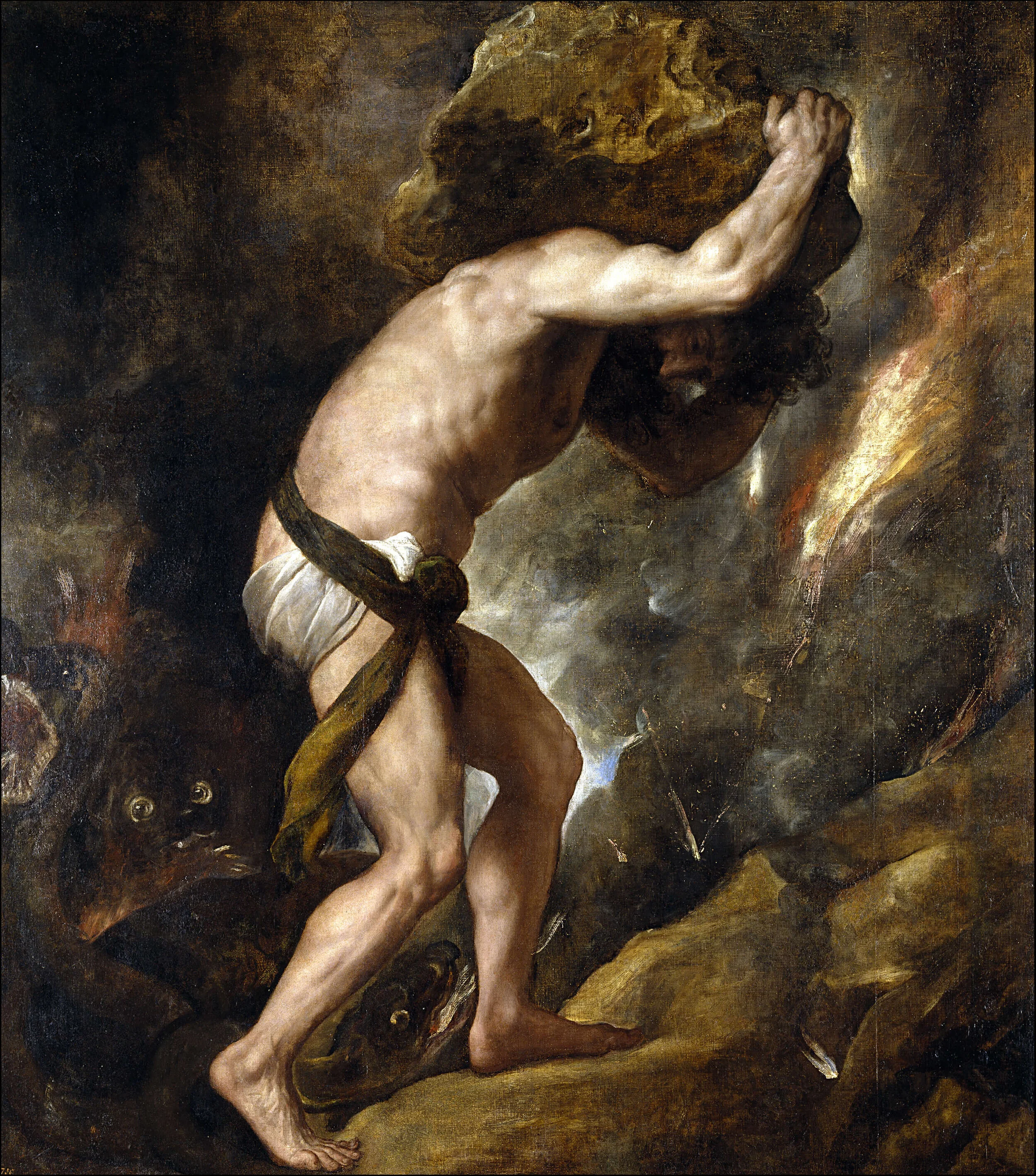Facts are facts and the sad fact is that obesity has replaced malnutrition as our number one food and health challenge.
The French adage “We dig our graves with our forks” best captures the essence of the problem, not only with respect to the sheer overindulgence of our caloric intake, but the quality of the food we eat. The fish in our oceans are full of mercury; the industrial farmed-meat we eat is corn-fed and loaded with antibiotics; our fruits and vegetables are sprayed with cancer-causing chemicals to increase yield. Practically every food we eat, from milk to bread, contains added sugar. The upshot: a general public afflicted by an overweight and pre-diabetic condition regardless of age.
Please keep this in mind to better appreciate City Club’s priorities when it comes to our food offerings. We firmly believe in food as medicine in that a healthy mind and spirit begins with good food served in appropriate portions. As such, we strive to use locally sourced organic and natural ingredients, augmented by the highest quality oil, salt and spices, which serve not only to make our food most flavorful, but most healthful as well.
Read More



















